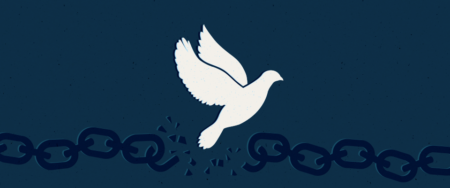Although no slave ship docked on Canadian shores, the transatlantic slave trade and other forms of enslavement existed in Canada for more than 200 years. Today, we reflect on the devastating history of slavery and the legacy of racism that Black, Caribbean, and people of African descent and Indigenous people, particularly women, continue to experience today.
Canada’s legacy with the Transatlantic Slave Trade
Thanks to the Halifax Regional Women’s Committee, PSAC adopted resolution GEN-041, calling for the union to investigate how Canada’s longstanding history of slavery, racism, and sexism has particularly affected Black women in the federal public service.
The result of this call to action is our report now published online: “The impact of slavery and racism upon women of African descent in the Atlantic who work in the federal public service, and the role of unions in this struggle.”
Inequality that we see today is directly tied to a history that included the Transatlantic Slave Trade, and also established racial inequality in the first place. One remedy to counter the effects of deeply rooted racism, sexism and discrimination is the call for reparations.
Reparations is linked to a key idea behind grievance resolutions: to be made whole. Following harm, a griever should be compensated to a level that brings them back to a position they were in, had the injury not taken place. This is what we are fighting for.
The impact of slavery today
Canada’s history of slavery and anti-Black racism has permeated our institutions, helped to shape racist systems and policies, and has negatively impacted Black workers even now. PSAC members are fighting to address systemic racism and discrimination in the federal public service – a lasting legacy of slavery – through the Black Class Action (BCA) lawsuit led by twelve public service workers, including PSAC members Nicholas Marcus Thompson, Jennifer Phillips, Wagna Celidon, Michelle Herbert, and Shalane Rooney.
PSAC is a strong supporter of the BCA and join their demand to the government to stop dismissing the lawsuit. We will share updates as the lawsuit progresses.
Stay informed
- We invite you to take time to read our report, reflect how the impact of slavery persists today and continue to support Black, Caribbean and leaders of African descent fight for anti-racism action in every workplace across this country.
- Visit the PSAC Anti-Racism Action Plan for more information on how we are building an anti-racist union.
- Keep your contact information up to date to receive the latest news including our anti-racism work.
This article was first posted on the PSAC website.



